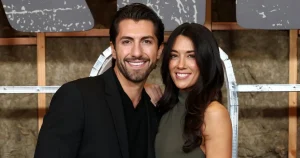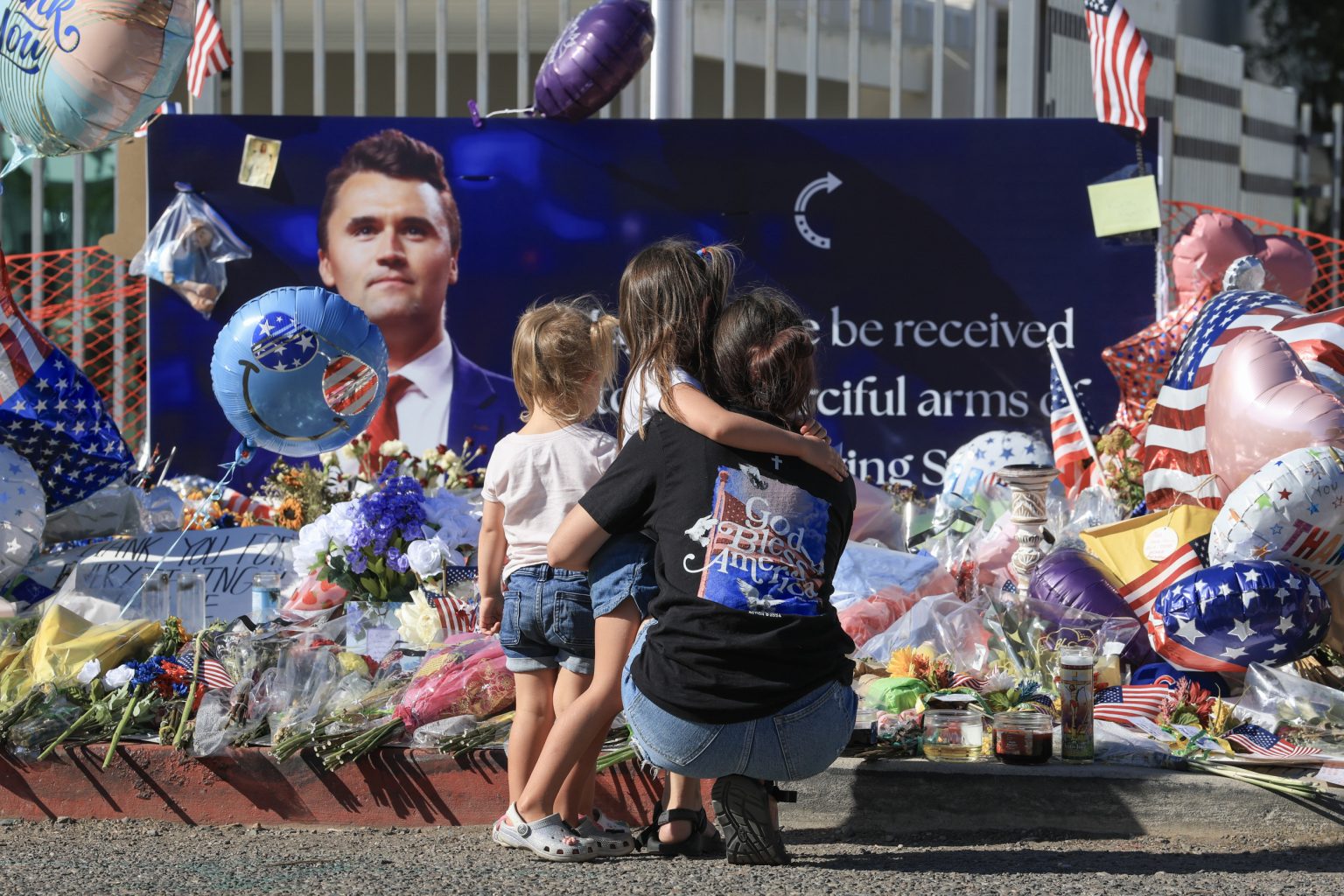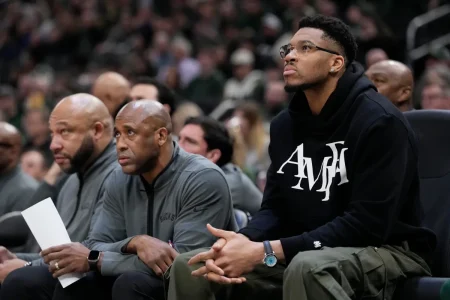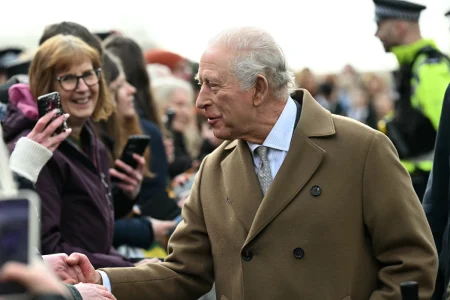Charlie Kirk Memorial Service: A Nation Mourns a Conservative Icon
In the wake of tragedy, America prepares to bid farewell to Charlie Kirk, the 31-year-old conservative activist and co-founder of Turning Point USA, whose life was cut short in a shocking act of violence. On September 10, Kirk was fatally shot during a live question and answer session with students at Utah Valley University in Orem, Utah. The upcoming memorial service, planned for Sunday at State Farm Stadium in Glendale, Arizona, has become a focal point for both personal grief and national reflection on political discourse in America. As thousands prepare to gather, the event underscores not only Kirk’s significant influence on modern Republican politics but also raises profound questions about safety at public events and the increasing concerns about political violence in our deeply divided nation.
The memorial service has drawn extraordinary attention, with an impressive roster of speakers that reflects Kirk’s wide-ranging connections across conservative America. President Trump will address mourners, alongside his running mate JD Vance and numerous designated members of a potential second Trump administration, including Marco Rubio, Robert F. Kennedy Jr., Pete Hegseth, Tulsi Gabbard, and Stephen Miller. The presence of media figures like Tucker Carlson alongside family members—most poignantly Kirk’s widow, Erika—creates a tableau that speaks to Kirk’s unique position bridging traditional conservative politics, new media, and grassroots activism. The memorial will begin at 11 a.m., with doors opening at 8 a.m., and attendees are encouraged to wear “Sunday Best” in patriotic colors of red, white, or blue. Security will be tight, with TSA-level screening and strict limitations on bags, reflecting the somber reality that prompted this gathering in the first place.
Beyond the logistics and high-profile attendees, the memorial service represents something more profound: a moment to consider Kirk’s legacy and impact on American political life. Despite his young age, Kirk had become one of the most recognizable faces of young conservative activism, building Turning Point USA into a powerhouse organization with significant campus presence nationwide. As a staunch ally of former President Trump and a vocal advocate for the MAGA movement, Kirk cultivated a massive social media following and helped shape a generation of young conservative activists. The memorial website, FightForCharlie.com, captures this sentiment: “Charlie died doing what he loved: fighting for truth, for faith, for family, and for America. His sacrifice will endure as a guiding light for generations.” For supporters, Kirk embodied a passionate commitment to conservative principles; for critics, he represented a controversial and polarizing approach to political discourse. Yet all can recognize that his death at such a young age represents a profound tragedy.
The memorial also forces a reckoning with broader questions about political violence and campus safety in America. The shooting has heightened concerns about security protocols at universities and public events, particularly those featuring political figures. As polarization continues to define American politics, the safety of those engaged in political discourse—whether high-profile leaders or everyday citizens—has become an urgent concern. The investigation into the shooting continues, with 22-year-old Tyler Robinson identified as a suspect and facing murder charges after his first court appearance on Tuesday. While the legal process unfolds, communities across the country are grappling with the reality that political differences have erupted into deadly violence, raising alarms about the temperature of our national conversation and the safety of those who participate in it.
For the family, friends, and colleagues of Charlie Kirk, this weekend’s memorial represents something more intimate: a chance to say goodbye to a husband, friend, and colleague. While the political implications of Kirk’s life and death will be analyzed for years to come, the immediate human toll cannot be overlooked. Erika Kirk’s participation in the memorial service will likely provide one of the most poignant moments, as she speaks about the husband she lost so suddenly. Similarly, those who worked alongside Kirk at Turning Point USA are mourning not just a public figure but a colleague and leader. A makeshift memorial outside the organization’s Phoenix headquarters has already become a gathering place for those wishing to pay their respects, with flowers, notes, and American flags left in tribute. These personal dimensions of grief exist alongside the national conversation about Kirk’s political legacy.
As Sunday approaches, the memorial service for Charlie Kirk stands as both an ending and a beginning—the conclusion of a young life cut tragically short, and the start of a long national conversation about his legacy and the circumstances of his death. The event will be livestreamed on Kirk’s Rumble account, allowing those who cannot attend in person to participate in this moment of national mourning. For conservatives, Kirk’s death has become a rallying point, with many vowing to continue his work and honor his memory through political activism. As Donald Trump Jr. wrote on social media: “We will never ever forget Charlie.” The Bible verse referenced on the memorial website—”Well done, good and faithful servant”—speaks to how Kirk’s supporters view his life’s work. Yet regardless of political affiliation, the violent end to a young life engaged in the democratic process of debate and discussion represents a loss for American civic culture and a sobering reminder of the fragility of life itself. How the nation processes this tragedy—and whether it leads to greater understanding or deeper division—remains an open question as America prepares to say goodbye to Charlie Kirk.















